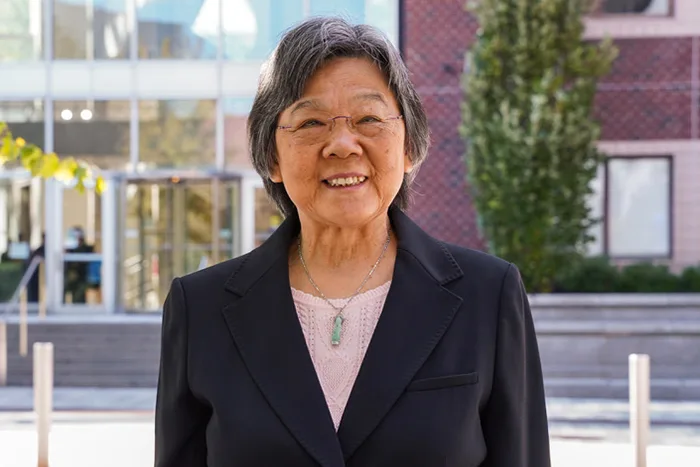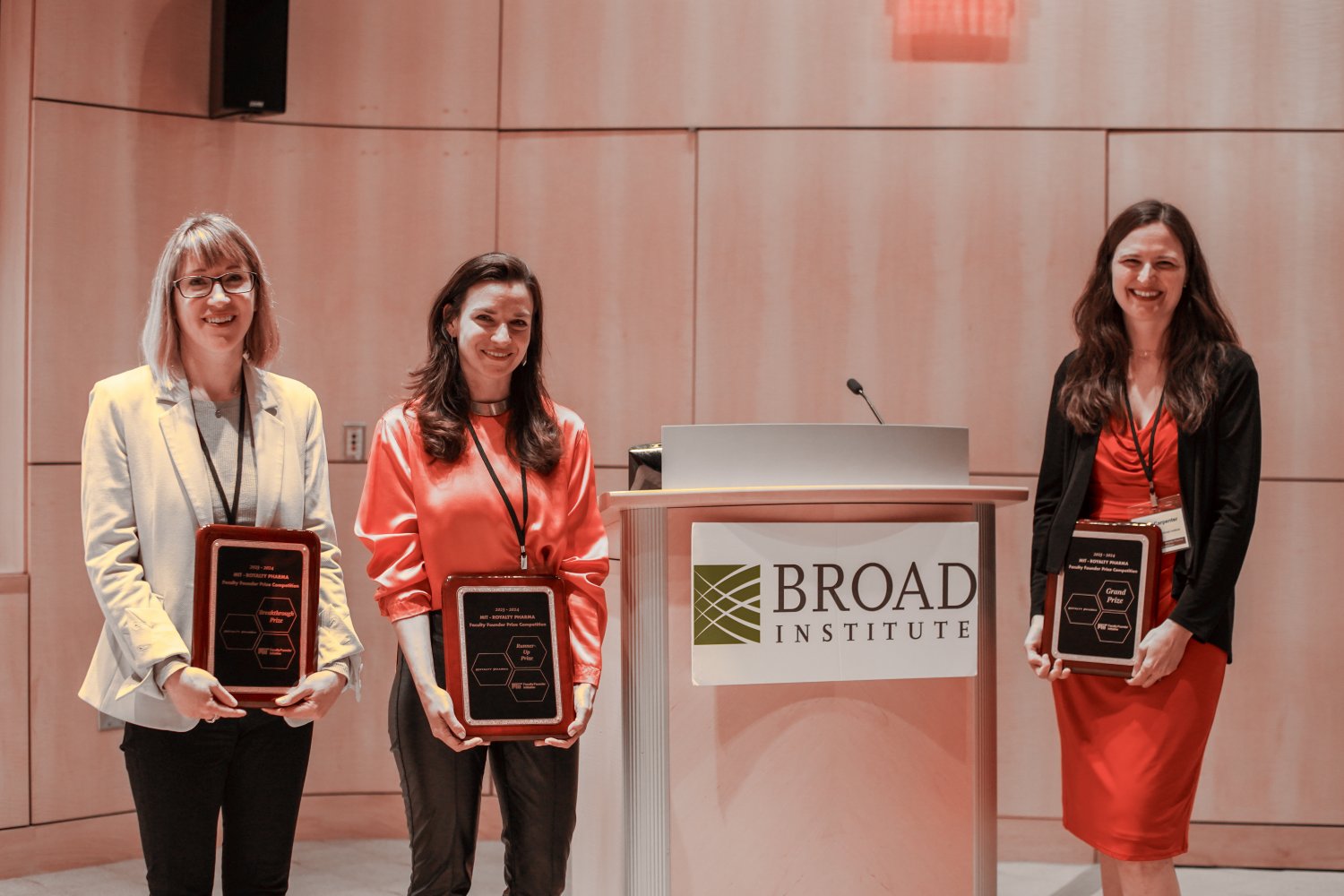The National Academy of Medicine (NAM) has recently announced the induction of over 90 new members during its annual meeting, including noted faculty members from MIT, Matthew Vander Heiden and Fan Wang, alongside five distinguished alumni.
Being elected to the National Academy of Medicine is among the highest honors in health and medical sciences. It recognizes individuals who have shown remarkable professional accomplishments and a profound commitment to serving their communities.
Matthew Vander Heiden, the director of the Koch Institute for Integrative Cancer Research at MIT, holds the title of Lester Wolfe Professor of Molecular Biology. He is also affiliated with the Broad Institute of MIT and Harvard. Vander Heiden’s cutting-edge research delves into the metabolic reprogramming of cancer cells, elucidating critical pathways that support tumor growth. His findings have crucial implications for creating innovative therapeutic strategies. The NAM has honored him for his significant contributions to “the development of approved therapies for cancer and anemia” and for being a trailblazer in understanding metabolic phenotypes and their links to disease pathology.
Vander Heiden earned both his MD and PhD from the University of Chicago and completed rigorous clinical training in internal medicine and medical oncology at Brigham and Women’s Hospital and Dana-Farber Cancer Institute. After pursuing postdoctoral studies at Harvard Medical School, he joined MIT’s Department of Biology and the Koch Institute in 2010. Besides his roles in research, he practices as an oncologist and serves as an instructor in medicine at Dana-Farber and Harvard Medical School.
Fan Wang serves as a professor of brain and cognitive sciences, an investigator at the McGovern Institute, and the director of the K. Lisa Yang and Hock E. Tan Center for Molecular Therapeutics at MIT. Using her pioneering research, she examines the neural circuits that mediate the interactions between the brain and body, particularly focusing on the mechanisms of pain and addiction. Her work has been vital in uncovering the neural circuits involved in sensory, emotional experiences and behaviors such as eating and movement. The NAM has recognized her significant contributions, which are foundational for developing new therapies aimed at chronic pain and movement disorders.
Wang completed her PhD at Columbia University and underwent postdoctoral training at the University of California, San Francisco, and Stanford University before joining MIT in 2021. Prior to her tenure at MIT, she was a faculty member at Duke University, where she held the title of Morris N. Broad Professor of Neurobiology. Wang is also a member of the American Academy of Arts and Sciences, providing ongoing contributions to our understanding of the neural mechanisms involving anesthesia, pain perception, and movement control.
Among the elected MIT alumni to the NAM for 2024 are:
The National Academy of Medicine, originally established as the Institute of Medicine in 1970 by the National Academy of Sciences, addresses pivotal issues in health, science, and medicine. It inspires actionable change across various sectors, continuously striving for advancements in public health.
“The latest cohort of new members represents some of the most extraordinary researchers and leaders in health and medicine, who have achieved significant breakthroughs and led responses to pressing public health challenges while advancing health equity,” stated Victor J. Dzau, the President of the National Academy of Medicine. “Their expertise is crucial for supporting NAM’s efforts to tackle the urgent health and scientific challenges of today.”
Photo credit & article inspired by: Massachusetts Institute of Technology



